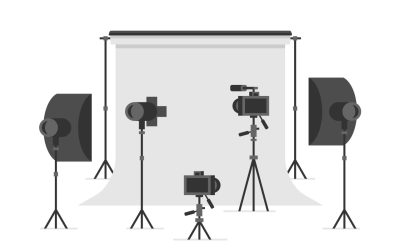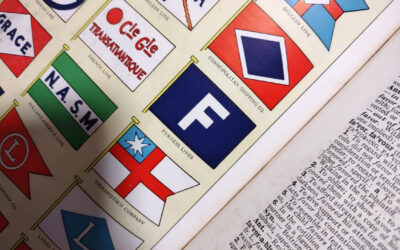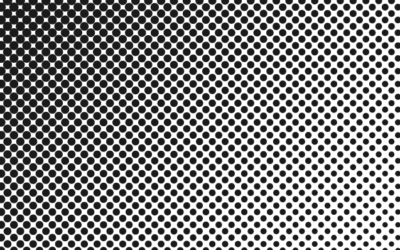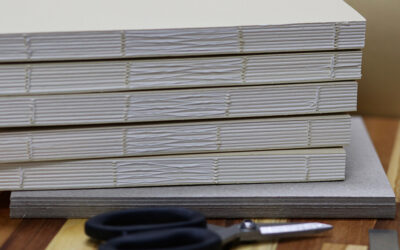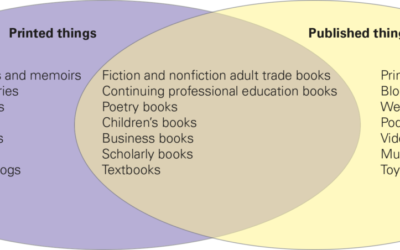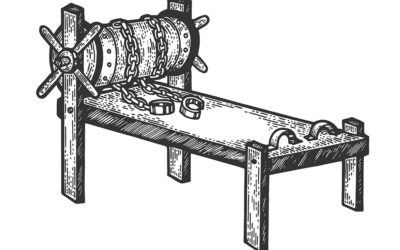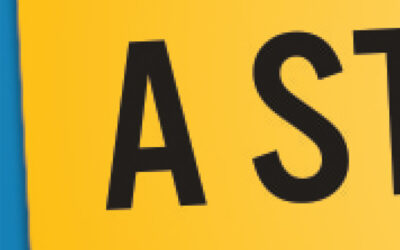Blog
Your paintings in print
You want your own artwork featured in your book. Maybe you've illustrated a children's book. Maybe you're a painter and you want to have a coffee table book. Maybe you've done just one fabulous painting for the cover. Whatever the case, this post is about getting your...
Balanced spreads
Kids these days! By which I mean anyone younger than 65, apparently. From 1454 to about 1984 or so, a span of approximately 530 years, the unit of book layout was a two-page spread in which, other than in special circumstances, facing pages balanced. That is to say,...
AI handles a softball question better than I expected
You have probably been reading about AI and in particular about ChatGPT. And if you've been reading critically, you know that ChatGPT is prone to wildly fanciful speculation. So I've been avoiding it. But a friend posted something fun on Facebook, along with a signup...
I’m a bibliogonist
Today I learned, from dictionary.com's word of the day, that bibliogony [ ˌbɪb liˈɒg ə ni ] is "the art of producing and publishing books." I've been doing this for decades and never knew that word. So it seems that I'm a bibliogonist (a word so rare that it doesn't...
Prelims, postlims, and plates: thinking like a printer
Some topics you may not have thought much about but that affect the way a book gets put together . . . Prelims Why do most books use lowercase Roman numerals (i, ii, iii, iv, . . .) for the first several pages of a book before...
Writing a great book isn’t enough
You have written a great book, and now an adoring public is going to make you famous. What's missing from this picture? What's missing is this piece: How does the public know you've written a book? If you are planning to give your book away to friends and family,...
Lines and pixels and dots, oh my!
Lines per inch, dots per inch, pixels per inch. Don't those all mean the same thing? No. They don't. But you will find many examples of people saying dots per inch when they mean pixels per inch. I've probably done it myself. So how should you understand these three...
When is a hardcover not a hardcover?
Maybe you've seen yesterday's feature posted by the New York Times Book Review titled "How a Book Is Made: Ink, Paper, and a 200,000-Pound Printer." If you're not a subscriber, this link may no longer work for you by the time you come across this post. If that's the...
Three common misconceptions about self-publishing
You will find—have probably already found—a great deal of advice and information floating around the Web. Some of it is great. Some of it is okay. Some of it is just wrong and can lead you well astray of the path you want to be on. Here are three of the biggest false...
Say, neighbor, can I borrow your paper stretcher?
Writing is an intensely cerebral activity, so much so that sometimes an author—perhaps even you—becomes so lost in abstract thought that they lose track of the idea that what they're trying to produce is a physical object that can be held in the hand, namely a book....
New year’s resolution
Covers are on my mind. Book covers, specifically. You want your book to have a cover that stands out from the crowd, especially if you are competing for eyes in a retail environment. So it's understandable that you might want to hire a graphic designer who specializes...
Comma—chameleon
This is a brief technical essay for editors. Writers are free to listen in. Why do we argue, er, debate, er, discuss commas so often? Why do we mostly all agree about one comma and have widely divergent views about another comma? (Okay, there are only three possible...
Let’s get in touch
Let me know how I can help you. Use this form for a brief note, or fill out the project questionnaire to get a quote, along with a free book publishing flowchart, a twenty dollar value.
